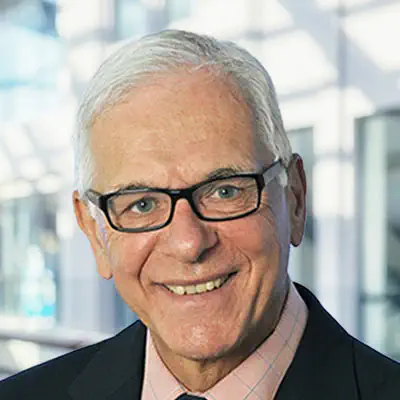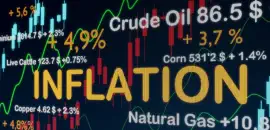Politicians would do well to heed the insights of documentary filmmaker Michael Moore. He predicted not only Donald Trump’s win in the 2016 presidential election, but also that Democrats would fare much better than expected in the 2022 midterms.
In an interview with The Guardian before the midterms, Moore addressed the issue of “political fatalism” that the party in power necessarily does poorly in midterm elections. He cited three examples in which political norms were wrong. First was the vote in Kansas this summer to keep abortion legal. Second was the win by a Native American Democrat in a congressional election in Alaska. Third was the defeat of a far-right incumbent for the board of education in Boise, Idaho, by an 18-year old high school senior and political activist.
Republican pollster Frank Luntz distilled what happened when he observed that voters are “tired of crazy” and long for a return to normalcy. Heading into the midterms, his main concern was there could be a dozen statewide races decided by less than 1 percentage point of the vote in which the losing Republican would deny the results. Now, the clear message voters sent to Republicans is to reject the election deniers if they want to regain the White House and Congress.
Message for Democrats: Rein in the Spending, If You Wish to Retain Power
I concur with this assessment but believe there is a message for Democrats, as well. Namely, the big-spending proclivity of the progressive wing needs to be reined in, if they wish to retain power.
A 2019 article by The Economist posed the question: “Is Modern Monetary Theory Nutty or Essential?” It noted that eminent economists, such as Paul Krugman and Larry Summers, dismissed it as “Calvinball” (a game in which players may change the rules on a whim) or a new brand of “voodoo economics.” Yet, the concept was alluring to Democrats when the COVID-19 pandemic hit the following year.
According to economist David Shulman, the Democrats remembered the lessons of 2009, when the $800 billion fiscal package enacted was woefully lacking in dealing with the Global Financial Crisis. However, they failed to recognize that the pandemic was a completely different type of shock: while the economy plummeted when businesses were shuttered, it rebounded quickly when businesses re-opened. Consequently, they wound up fighting the last fiscal war by enacting programs that were four times larger. Together with a highly expansionary monetary policy, the seeds for a resurgence of inflation were sown.
A version of this article was posted to TheHill.com on November 11, 2022.
This publication has been distributed for informational purposes only and should not be considered as investment advice or a recommendation of any particular security, strategy, or investment product. Opinions expressed in this commentary reflect subjective judgments of the author based on the current market conditions at the time of writing and are subject to change without notice. Information and statistics contained herein have been obtained from sources believed to reliable but are not guaranteed to be accurate or complete. Past performance is not indicative of future results.


























